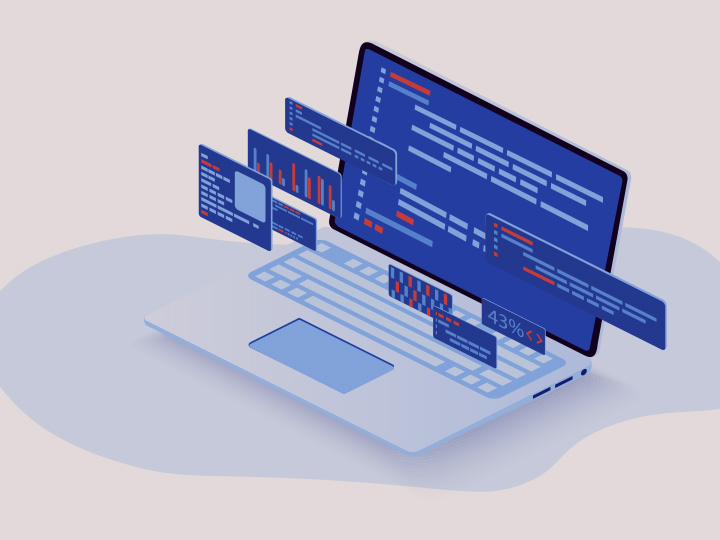Apptainer: A Powerful Containerization Tool

Containers, which are software packages that house necessary elements for running programs, are often used in high performance computing (HPC) applications. For the University of Houston’s HPC clusters, users can optimize their workloads through Apptainer (formerly Singularity), a flexible and user-friendly container system designed specifically for HPC workloads. The Apptainer platform provides an increased level of security, portability, customization and performance.
In the first half of the seminar, Pasunuri introduced basic commands in Apptainer through practical examples: launching a shell, running Apptainer as an executable and executing container commands. Pasunuri also explained the process of acquiring container images, which can be pulled from the Docker registry through the Singularity hub. Container images can also be built through a definition file on the hub. However, users will need sufficient disk space and memory to create an image. According to Pasunuri, this can be mitigated by requesting more resources and memory space in a user’s project directory.
In the second half of the seminar, Pasunuri discussed the advantage of using Apptainer in UH HPC clusters, highlighting the platform’s ability to create and run commands inside a job script. Pasunuri then demonstrated how to use and run Apptainer image containers inside a job script. This feature enables users to handle dependencies and maintain reproducibility within their workload. Additionally, Apptainer incorporates a bind option in its software, facilitating the integration of directories and external applications, such as UH HPC clusters.
Aravind Kumar Reddy Pasunuri is a teaching assistant and front desk support for the Hewlett Packard Enterprise Data Science Institute. In this role, he has had the opportunity to work with Apptainer, gaining practical experience in containerization technology and its role in modern software development practices.
To access the UH’s HPC clusters, faculty and researchers can request cluster access online. For more information about RCDC resources and information, please visit the RCDC website.